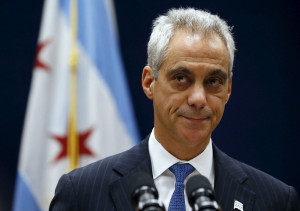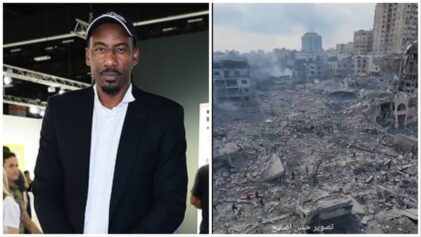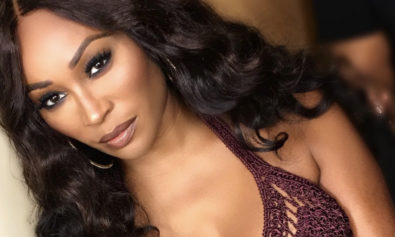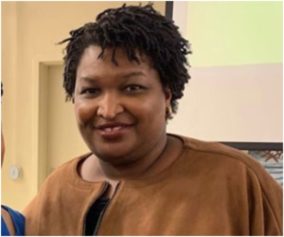
Mayor Rahm Emanuel Photo by Jim Young/Reuters/Landov
The Chicago Police Department and Mayor Rahm Emanuel have recently come under fire for their unethical surveillance of protest groups like Black Lives Matter.
Emanuel has been scrutinized in the past for his poor handling of police shootings involving unarmed Black men. According to a report obtained by the Chicago Sun-Times, the CPD made plans to send undercover officers to listen in and monitor the activities of these organizations.
Ralph Price, a top lawyer at the Chicago Police Department, signed off on a deal in October to have cops monitor four activist groups, including Black Lives Matter, some churches and philanthropic organizations. The department had already been monitoring the actions and social media activity of protest groups after the 2014 killing of Micheal Brown in Ferguson, Missouri.
When dashcam video showing the fatal shooting of Black teen Laquan McDonald by Chicago officer Jason Van Dyke was released a month after the incident, a top aide of the Emanuel administration went to the command center of the city’s Office of Emergency Management and Communications to keep an eye on demonstrations organized by the Black Youth Project 100. Per the report, this was another group being monitored by the police.
Members of the group said they weren’t at all surprised the police were monitoring them.
“There’s just a history of knowing we are organizing in a very hostile environment,” said Johnae Strong, a Chicago leader of the Black Youth Project 100. “The Chicago Police Department does exactly what it wants to do and finds ways to make it bureaucratically valid.”
DeAngelo Bester, co-executive director of the Workers Center for Racial Justice, said his organization always operates under the assumption that someone is watching them. He also argued that it’s “ridiculous” and wasteful for the city to spend its resources to keep tabs on law-abiding residents.
“The Chicago Police Department and Emanuel administration try to justify the harsh treatment [by cops] in Black communities by saying there’s so much violence,” Bester said. “Meanwhile, they’re spending the time and resources to surveil groups exercising their First Amendment rights.”
This is the seventh investigation opened by the police department since 2009 concerning the surveillance of groups known to protest and speak out against the city. Investigators are required to complete a “First Amendment Worksheet” justifying the means of their investigation and explaining each proposed inquiry. Such probes are only allowed when there is a “reasonable law enforcement purpose.”
Police spokesman Anthony Guglielmi asserted that the investigation was legal and “documented to ensure transparency with the public.”
“These protective actions — which happen in limited circumstances — are conducted to protect public safety and people’s First Amendment rights,” he said.


